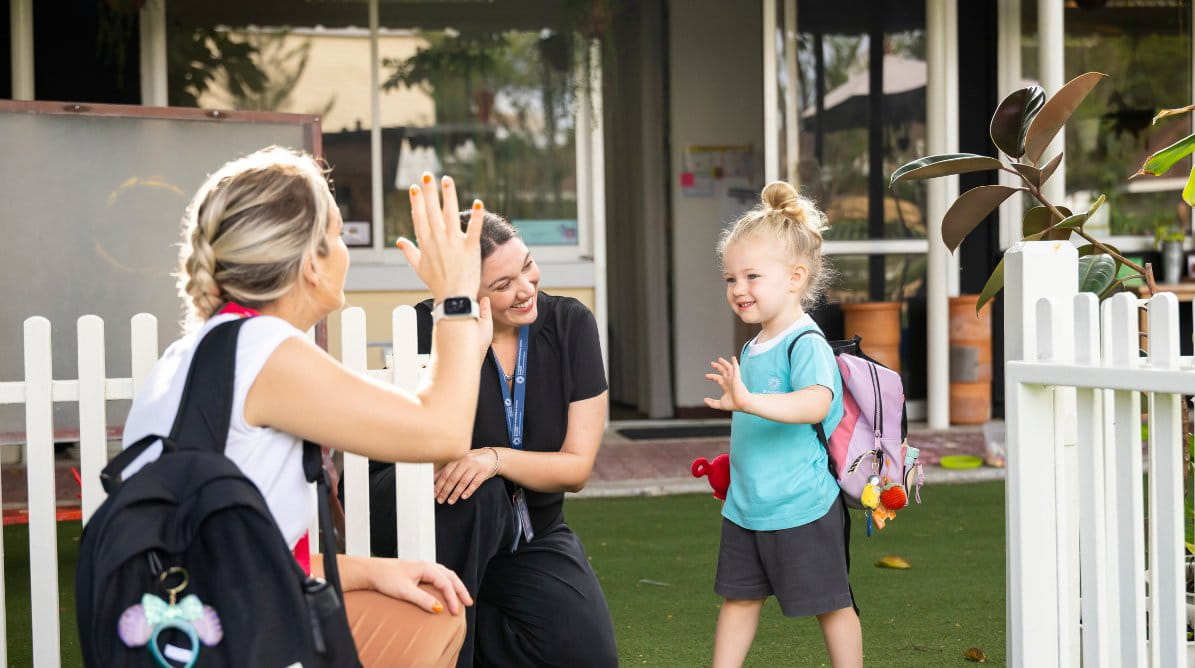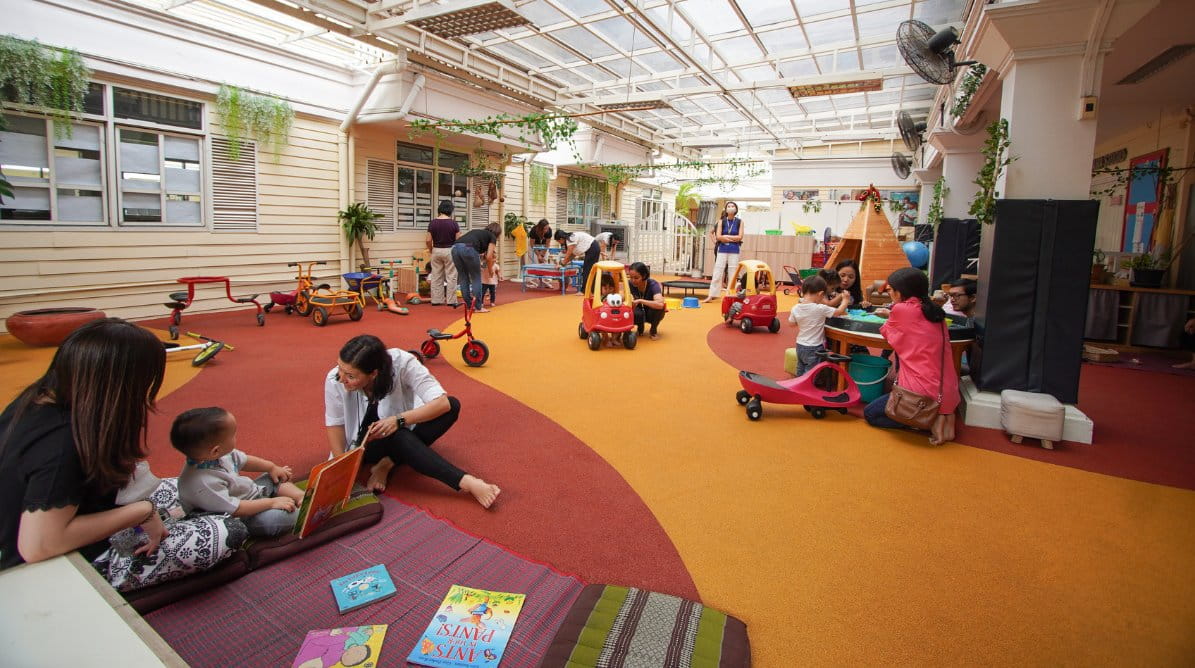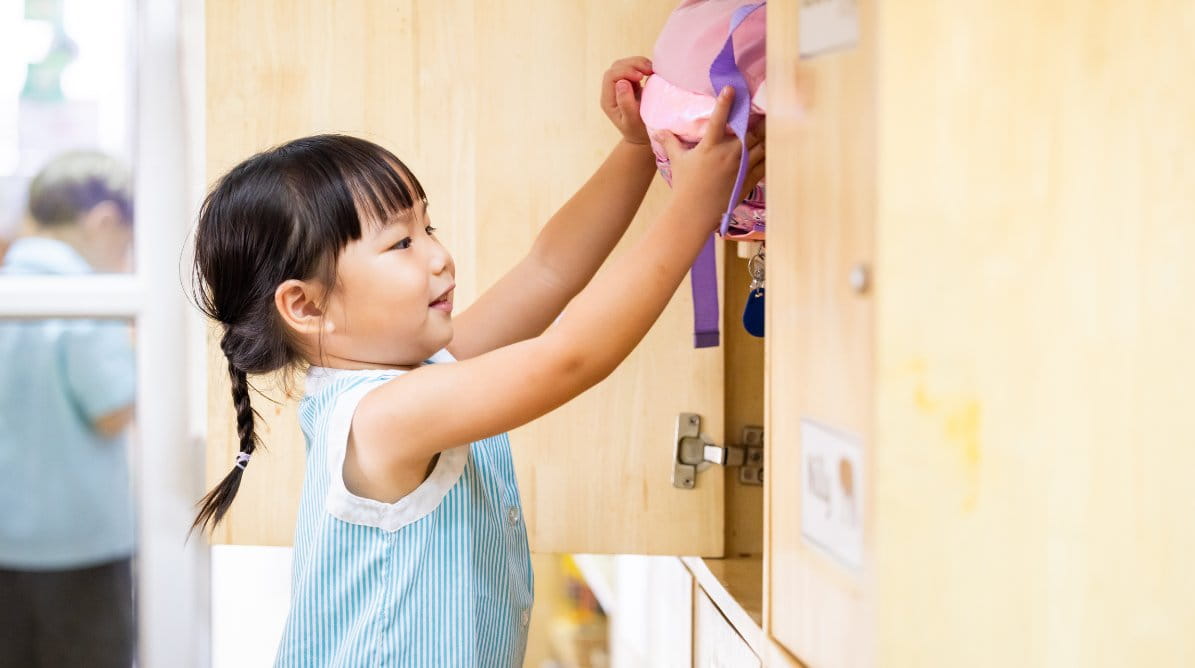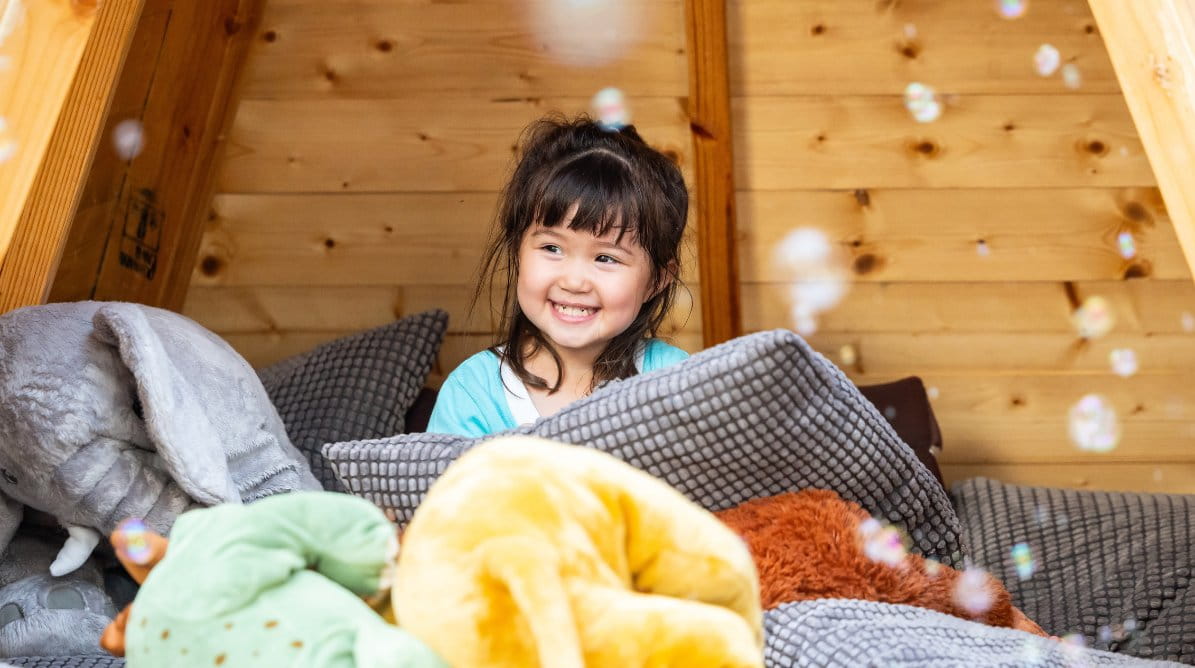We use cookies to improve your online experiences. To learn more and choose your cookies options, please refer to our cookie policy.

Starting school is a significant and exciting milestone for both children and parents. It marks the beginning of a new chapter filled with learning, exploration, and growth. Naturally, this transition can come with a range of emotions from anticipation and excitement to nerves and uncertainty.
To help support a smooth and confident start, the Primary School teaching team has compiled some key tips and suggestions for preparing your child ahead of their first day at school.
For many children, Foundation Stage is their first experience in a structured social setting. Arranging playdates with children of a similar age in the weeks leading up to the start of term can be incredibly helpful.
Participation in playgroups such as our Little Bunnies playgroup, held regularly during the school year at the Primary School for children upto 3 years old offers valuable opportunities for children to begin engaging in group play, practising turn-taking, sharing, and becoming familiar with daily routines such as snack time, tidy-up time, and story sessions, all within a safe and enjoyable environment led by highly qualified teachers.

Introducing consistent routines at home will help your child feel more prepared for the structure of a school day. Encourage your child to practise:
• Getting dressed (including putting on their school uniform)
• Brushing their teeth each morning
• Wearing a backpack
• Sitting at the table for meals
• Choosing and tidying away toys or activities
• Taking turns and sharing with others

3. Make the most of Home Visits
At St Andrews, we offer Home Visits during the first week of term to support our youngest learners in FS1 as they take their first steps into school life and ease their transition. The class teacher will visit your home for approximately 30 minutes, bringing along a selection of toys and books from the classroom.
This informal and relaxed visit allows your child to become familiar with their teacher in a comfortable environment, laying the groundwork for a strong and trusting relationship before the first day.
Learn more about Home Visits here.
Speak positively with your child about school and all the wonderful experiences that await them, such as making new friends, learning songs and stories, exploring new toys, and enjoying outdoor play.
It may also be helpful to talk about what a teacher is and explain that their teacher is a friendly, supportive adult who is there to help them learn and feel safe.

Sharing books is a fantastic way to introduce the concept of school and help your child visualise what their day might look like. Here are some popular titles that many families have found helpful:
• The Kissing Hand by Audrey Penn – A gentle story addressing separation anxiety with warmth and reassurance.
• Llama Llama Misses Mama by Anna Dewdney – Follows Llama’s first day and the emotions that come with it.
• First Day Jitters by Julie Danneberg – A humorous take on first-day nerves, with a clever twist.
• Maisy Goes to Preschool by Lucy Cousins – A bright, simple introduction to a typical preschool day.
• Wemberly Worried by Kevin Henkes – A relatable story for children who are prone to worry.
• Rosie Goes to Preschool by Karen Katz – Offers a clear preview of preschool life and routines.
•Pete the Cat: Rocking in My School Shoes by Eric Litwin & James Dean – Promotes confidence and fun through rhythm and rhyme.
• Daniel Goes to School (Daniel Tiger’s Neighbourhood) – Helps toddlers understand drop-off routines and school structure.
Begin reading these books well before the start of the term, and use them as a springboard for conversations about school.
The first day may come with a few tears, and that’s perfectly normal. Our Foundation Stage staff are highly experienced in settling children and helping them feel safe, happy, and engaged from the moment they walk through the door.
To support a smooth drop-off:
• Keep goodbyes short, cheerful, and confident.
• Avoid lingering after saying goodbye, as this can heighten anxiety for your child if they spot you.
• Reassure them that a trusted adult will be there to collect them at the end of the day.

We encourage parents to share a few key details about their child with the class teacher. Knowing your child’s favourite song, colour, animal, toy, or storybook can help us connect with them more personally.
For example, if we know a child loves elephants or enjoys singing “Twinkle, Twinkle, Little Star,” we can incorporate these interests into conversation or activities to build familiarity and trust. These small but meaningful details help children feel recognised, valued, and at ease in their new environment.
It’s important to keep in mind that every child adjusts to school in their own time. With gentle preparation, consistent routines, and plenty of encouragement, you can help your child approach this exciting new chapter with confidence and curiosity.
We look forward to welcoming you and your child to Foundation Stage at St Andrews and beginning this wonderful learning journey together.